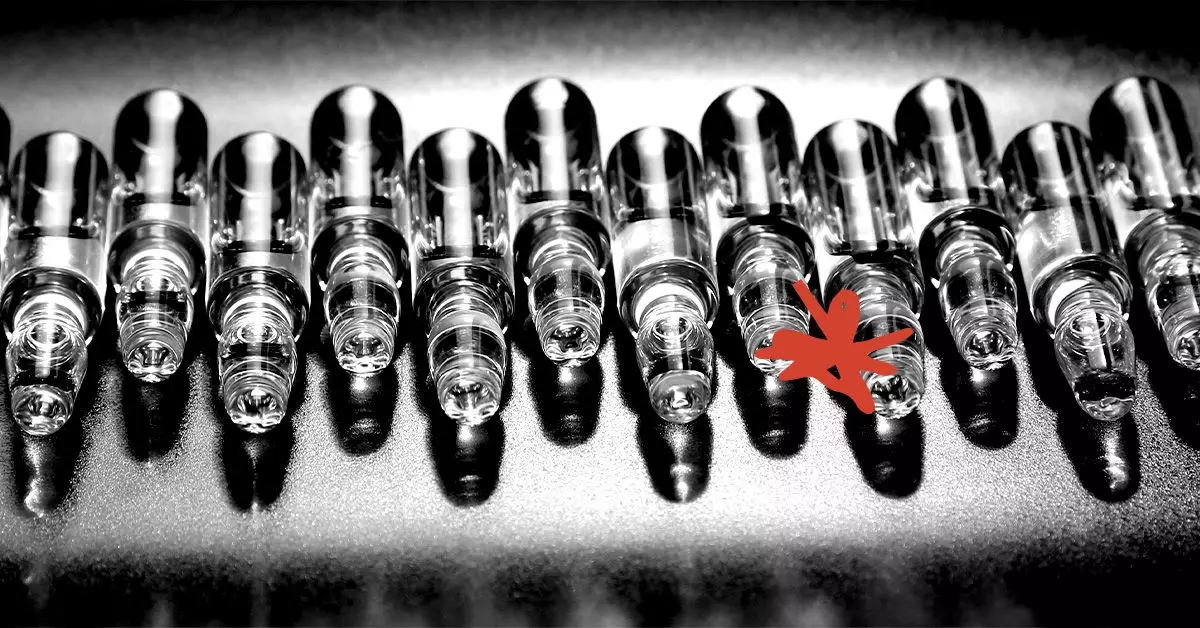Immunotherapy stands at the forefront of modern cancer treatments, unlocking a pathway that allows the body’s own immune system to fight tumor cells effectively. In the realm of prostate cancer, a disease that sees varied responses to treatment based on individual factors such as cancer grade and stage, immunotherapy emerges as a compelling option, especially for cases that have resisted traditional therapies. Unlike conventional methods, such as hormone therapies, immunotherapy represents a paradigm shift where the immune system is harnessed to recognize and combat cancer.
The Mechanism of Action: How Immunotherapy Works
Specifically, treatments like Sipuleucel-T, commercially known as Provenge, enhance the body’s immune response to prostate cancer cells by utilizing a form of vaccine-like therapy. This approach aims to activate the immune system, but it is essential to clarify that it does not halt cancer progression definitively. Rather, clinical trials, including a notable one from 2022, indicate that patients receiving combined androgen receptor-targeting agents and Sipuleucel-T can enjoy a median survival rate of approximately 2.5 years, juxtaposed with a mere 6 months for those on androgen blockers alone. While these statistics offer hope, it is imperative to recognize that immunotherapy is not a universal solution but rather a tailored therapy dependent on the unique characteristics of the patient’s cancer.
Eligibility and Effectiveness: Who Benefits from Immunotherapy?
Clinical findings highlight that the effectiveness of immunotherapy varies significantly among patients. Certain factors, such as the presence of specific genetic markers like defective mismatch repair genes (dMMR) or a high tumor mutational burden (TMB-H), can influence outcomes favorably. These characteristics suggest that by identifying the right candidates, healthcare professionals can enhance the therapeutic benefit for patients grappling with advanced prostate cancer that other treatments have overlooked. However, the expansion of research on immune checkpoint inhibitors, which modulate the immune response to further engage cancer cells, remains critical for improving efficacy and broadening treatment applicability.
Considerations and Side Effects: The Reality of Treatment
While the promise of immunotherapy is radiant, potential side effects cannot be ignored. Patients often experience reactions at infusion sites, fatigue, and systemic responses like fever, akin to flu-like symptoms. These side effects must be robustly discussed between patients and their healthcare providers, as an informed choice must be made prior to embarking on an immunotherapy regimen. As these treatments evolve, understanding their impact on the quality of life in addition to survival rates becomes paramount.
Future Perspectives: The Ongoing Journey in Prostate Cancer Therapy
As the landscape of prostate cancer treatment continues to shift, immunotherapy shines as a beacon of hope for many patients. It carves a novel path that marries the advancements of modern science with the body’s natural defenses. Looking ahead, the ongoing research and clinical trials will be instrumental in determining the precise utility and optimization of immunotherapy in prostate cancer, potentially revolutionizing how we approach this pervasive disease in the years to come.

